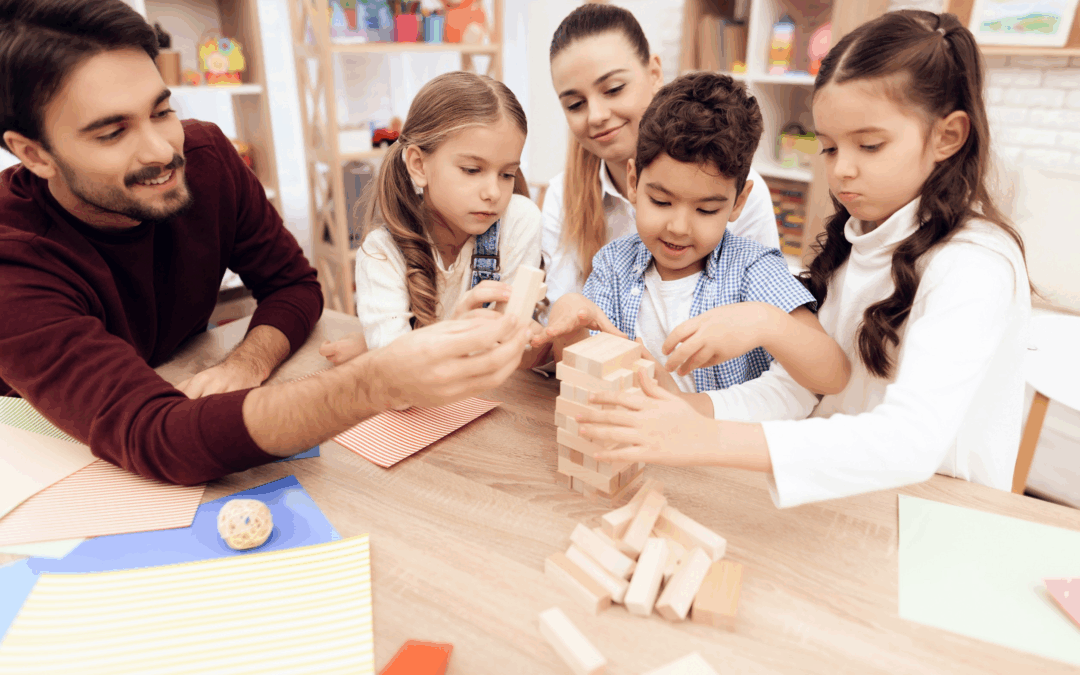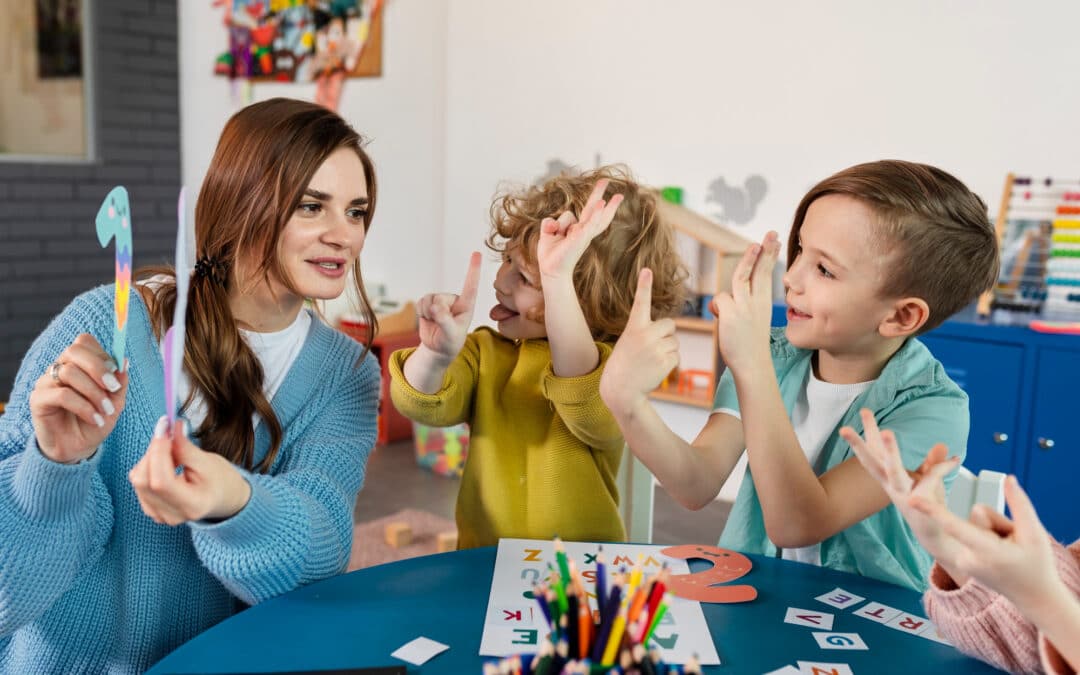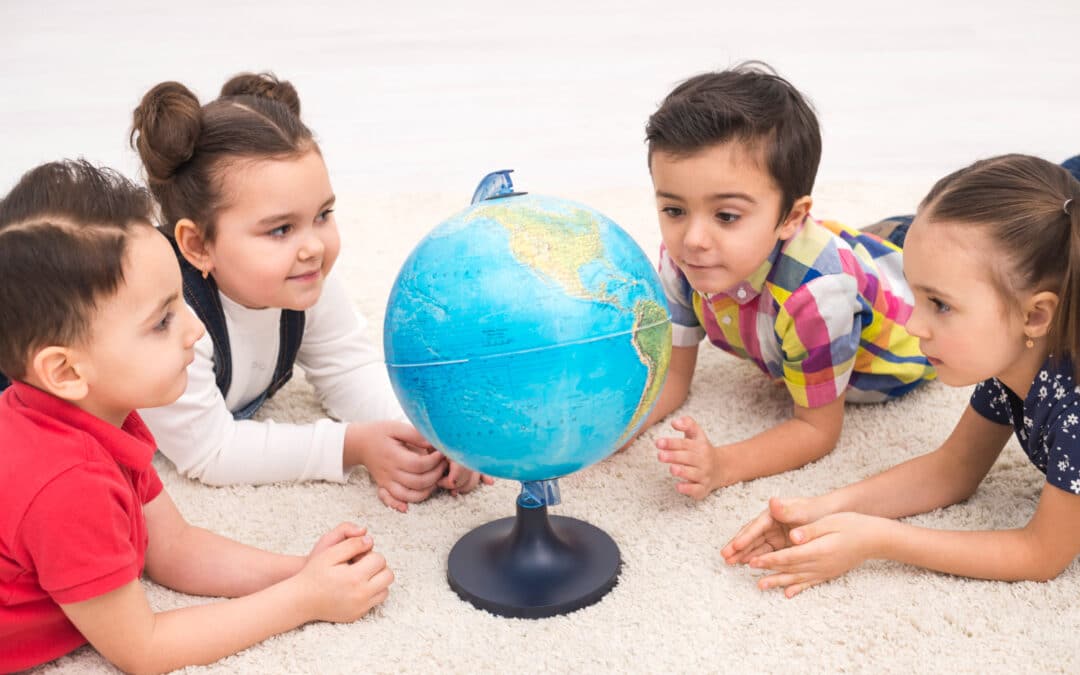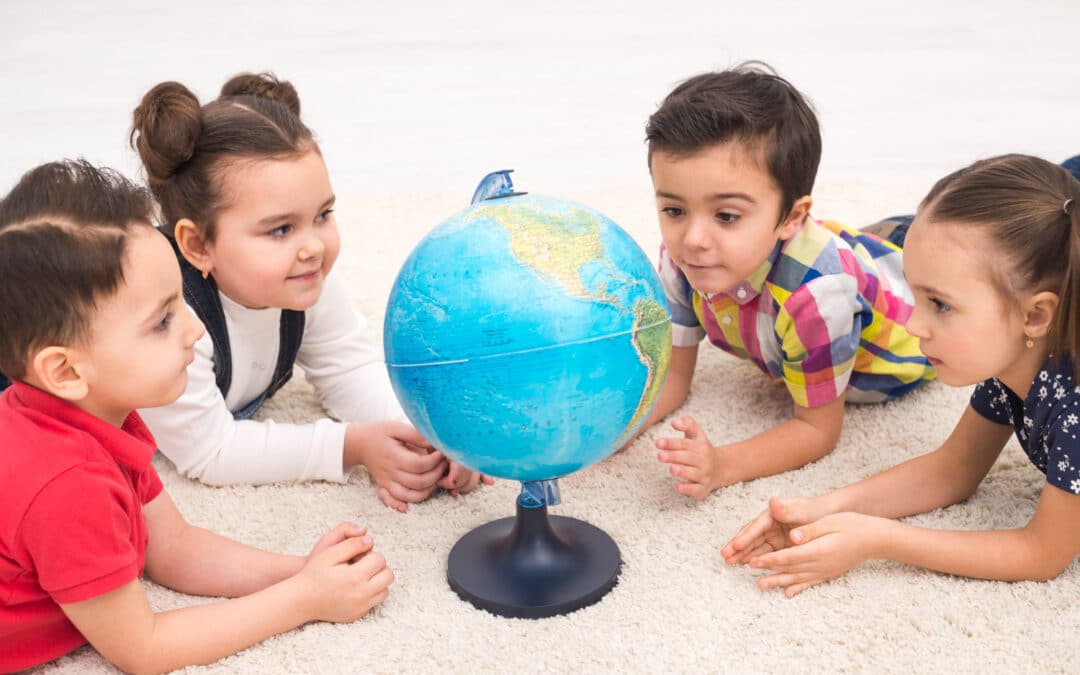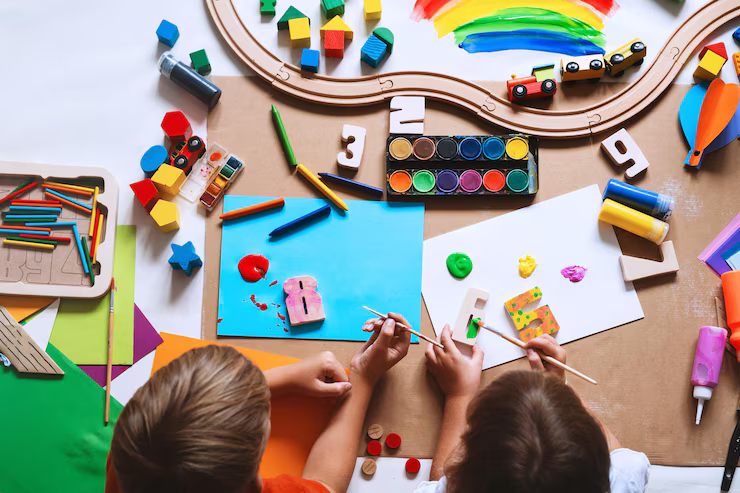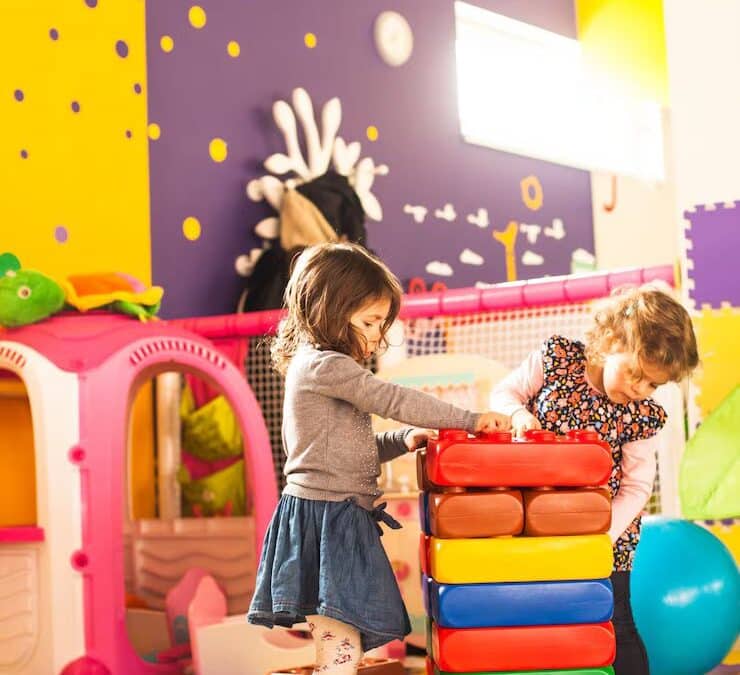Summer camps have become a cherished tradition for families across America, offering children unique opportunities for growth and adventure beyond their regular routines. These structured programs create magical environments where young minds can flourish, skills can develop, and lasting memories are forged.
Parents recognize the transformative power of summer camps in their children’s development. A well-designed camp experience delivers much more than just fun activities – it creates a powerful platform for personal growth, social development, and character building.
Key Benefits of Summer Camp Programs:
- Independence development through time away from home
- Exposure to diverse perspectives and backgrounds
- Hands-on learning experiences in nature
- Strong focus on emotional and social growth
- Structured opportunities for trying new activities
The impact of summer camps extends far beyond the sunny days spent swimming, hiking, or crafting. These experiences shape children’s development in profound ways, helping them build essential life skills they’ll carry into adulthood.
Your child’s summer camp journey can unlock hidden talents, boost self-esteem, and create friendships that last a lifetime. Let’s explore the specific ways summer camps nurture young minds and hearts, preparing them for future success while creating unforgettable childhood memories.
Skill Development at Summer Camp
Summer camps create a dynamic learning environment where children acquire essential life skills through hands-on experiences. These skills extend far beyond traditional classroom learning, preparing children for real-world challenges and social interactions.
Essential Life Skills Development:
- Time management through structured daily schedules
- Personal responsibility in maintaining living spaces
- Basic cooking and meal planning during camping activities
- Financial literacy through camp store experiences
- Self-care routines and hygiene management
- Leadership skills through group activities and mentoring
The camp environment nurtures social skills by creating natural opportunities for peer interaction. Children learn to:
- Navigate group dynamics
- Practice active listening
- Develop empathy
- Express themselves clearly
- Resolve conflicts independently
- Respect diverse perspectives and backgrounds
Summer camps excel at fostering problem-solving abilities through engaging activities:
Team Challenges:
- Building shelters with limited resources
- Planning and executing scavenger hunts
- Creating group performances
- Organizing cabin clean-up strategies
- Developing game strategies
Outdoor Adventures:
- Map reading and navigation
- Weather assessment and preparation
- Basic survival skills
- Risk assessment and safety planning
- Resource management during hikes
These activities challenge children to think critically and develop creative solutions. The natural consequences of their decisions help them understand cause and effect relationships in a safe, supported environment.
Summer camps also integrate social learning with practical skills through:
- Group cooking projects
- Team sports and games
- Collaborative art projects
- Environmental conservation activities
- Cultural exchange programs
The unique camp setting allows children to practice these skills in real-time situations. They receive immediate feedback from peers and counselors, helping them adjust and improve their approaches. This practical experience builds confidence and competence in handling various social and practical challenges.
Each activity at camp is designed to build upon previous learning experiences. As children progress through their camp journey, they develop increasingly sophisticated problem-solving strategies and social skills, creating a strong foundation for future success.
Building Confidence Through New Experiences
Summer camps create a unique environment where children discover their inner strength and build lasting self-confidence. The camp setting encourages young minds to embrace new challenges and step beyond their familiar routines.
Breaking Through Comfort Zones
At camp, children have the opportunity to engage in activities that push them out of their comfort zones. These activities include:
- Rock climbing under expert supervision
- Public speaking during talent shows
- Leading group activities
- Navigating new social situations
- Learning to swim or improving water skills
- Performing in camp productions
Each activity presents an opportunity for personal growth, allowing children to experience success in ways they might never encounter at home or school. The supportive atmosphere at camp makes trying new things less intimidating, as children see their peers taking similar risks and achieving their goals.
Calculated Risk-Taking in a Safe Environment
Camp counselors create structured opportunities for children to:
- Assess challenges – Understanding their current abilities
- Make decisions – Choosing appropriate difficulty levels
- Take action – Implementing their chosen approach
- Reflect – Learning from both successes and setbacks
This process helps children develop sound judgment while building confidence in their decision-making abilities. Whether it’s deciding to attempt an advanced hiking trail or join a new activity group, these experiences teach valuable life skills.
The Power of Progressive Challenges
Summer camps structure activities to build confidence gradually:
- Starting with basic skills
- Advancing to intermediate challenges
- Reaching advanced accomplishments
- Celebrating each milestone
This progressive approach allows children to experience regular success while continuously pushing their boundaries. Each achievement becomes a building block for the next challenge, creating a positive cycle of growth and confidence.
Peer Support and Recognition
The camp community plays a vital role in confidence building:
- Fellow campers offer encouragement
- Counselors provide positive reinforcement
- Group celebrations acknowledge achievements
- Shared experiences create mutual support
Children learn to trust their abilities as they receive recognition from both peers and mentors. This validation helps solidify their growing self-confidence and encourages them to tackle increasingly challenging activities.
Fostering Lifelong Friendships
Summer camps create a unique social environment where children form deep, meaningful connections that often last well beyond the camp season. The shared living spaces, daily activities, and communal experiences create natural opportunities for friendship formation in ways that regular school settings cannot replicate.
The Intensity of Camp Relationships
The intensity of camp relationships develops through:
- Shared Living Spaces: Cabin mates spend 24 hours together, sharing meals, activities, and personal moments
- Common Experiences: Facing challenges and celebrating achievements as a group
- Reduced Digital Distractions: Without phones or tablets, children engage in genuine face-to-face interactions
- Extended Time Together: Multiple weeks of constant interaction build deep bonds
Team-Building Activities at Camp
Camp activities specifically designed for team building help forge strong social connections. These include:
- Group Problem-Solving Tasks: Completing obstacle courses or solving camp-wide puzzles
- Collaborative Projects: Creating cabin skits or working on art installations
- Team Sports: Participating in friendly competitions between cabins
- Evening Programs: Sharing stories around campfires or participating in talent shows
Emotional Support and Trust
The camp environment naturally encourages children to rely on each other. When facing homesickness or trying new activities, campers learn to support one another emotionally. This mutual support creates trust and strengthens friendships.
Resilience of Camp Friendships
Camp friendships often prove more resilient than typical school relationships because they’re built on:
- Authentic Interactions: Children show their true personalities without school social pressures
- Shared Values: Bonding through camp traditions and culture
- Diverse Backgrounds: Meeting peers from different schools and communities
- Intense Emotional Experiences: Overcoming challenges together
Ongoing Connections Beyond Camp
Many camps facilitate ongoing connections through:
- Year-round reunions
- Social media groups for alumni
- Letter-writing programs during off-season
- Multi-year attendance options
These friendship-building opportunities create a strong foundation for children’s social development. The skills learned through camp relationships – empathy, communication, conflict resolution – become valuable tools for building future relationships in all areas of life.
Enhancing Independence and Resilience
Summer camp serves as a transformative environment where children learn to spread their wings and develop crucial life skills. Away from the familiar comfort of home, young campers naturally build independence through daily responsibilities and decision-making opportunities.
Key Independence Skills Developed at Camp:
- Managing personal belongings and living spaces
- Creating daily schedules and setting priorities
- Making choices about activities and social interactions
- Practicing basic self-care routines
- Learning to advocate for personal needs
The camp environment creates natural opportunities for children to practice these skills. When a child needs to decide whether to join the swimming activity or try rock climbing, they’re exercising decision-making muscles. When they’re responsible for keeping their cabin tidy or arriving at activities on time, they’re building essential organizational skills.
Building Resilience Through Challenges
Camp life presents children with various challenges that build mental and emotional strength:
- Navigating homesickness
- Attempting new activities outside comfort zones
- Adapting to different weather conditions
- Problem-solving in group settings
- Bouncing back from setbacks in sports or activities
These experiences create valuable opportunities for growth. A child who initially struggles with homesickness but learns to cope has gained powerful emotional tools. The camper who falls while learning to canoe but gets back up and tries again develops perseverance.
The Role of Structured Support
Camp counselors play a vital role in this development process. They:
- Provide guidance while allowing independence
- Offer encouragement during challenging moments
- Create safe spaces for trying new things
- Model resilient behavior
- Celebrate both attempts and achievements
The camp environment strikes a unique balance between challenge and support. Children face real-world situations while having access to caring adults who can help them process and learn from these experiences. This combination creates ideal conditions for developing both independence and resilience.
Through daily camp life, children learn to trust their abilities and develop confidence in handling new situations. They discover their capacity to overcome obstacles, adapt to change, and bounce back from disappointments – essential skills that serve them well beyond their summer camp experience.
Exploring Personal Interests and Talents
Summer camps act as talent incubators, offering specialized programs that help young minds discover their passions. Your child can immerse themselves in activities that align with their natural interests:
Arts and Creative Expression
- Theater and drama workshops
- Music lessons and band practice
- Arts and crafts sessions
- Creative writing workshops
Sports and Physical Activities
- Swimming and water sports
- Team sports training
- Rock climbing
- Horseback riding
Science and Nature
- Environmental conservation projects
- Wildlife observation
- Star gazing and astronomy
- Hands-on experiments
These specialized activities go beyond basic exposure – they provide structured guidance from experienced instructors who nurture budding talents. Your child receives dedicated time to practice, experiment, and refine their skills in their chosen areas.
The camp environment removes academic pressure, allowing natural talents to surface. A child who shows interest in photography can spend hours perfecting their shots. A budding musician finds time to practice with fellow music enthusiasts. An aspiring athlete receives professional coaching in their preferred sport.
This focused exploration helps children identify their strengths and passions early in life. The supportive camp atmosphere encourages them to pursue these interests without fear of judgment, creating a solid foundation for future skill development.
A Safe Space for Growth
Summer camps create a unique environment where emotional safety takes center stage. Trained counselors establish clear boundaries and expectations while maintaining a nurturing atmosphere that encourages children to express themselves freely.
The supportive structure at summer camps includes:
- Trained Staff: Professional counselors equipped with child development knowledge and emergency response skills
- Structured Activities: Age-appropriate challenges designed to build confidence gradually
- Conflict Resolution: Guided support in managing disagreements and emotional challenges
- Positive Reinforcement: Recognition of effort and progress rather than just outcomes
Children feel secure taking calculated risks when they know trusted adults are watching over them. This emotional safety net allows them to:
- Try new activities without fear of judgment
- Share their thoughts and feelings openly
- Learn from mistakes in a supportive setting
- Build trust with peers and authority figures
The camp environment removes academic pressures and social media influences, creating a space where children can be authentically themselves. Counselors actively monitor group dynamics and step in to prevent bullying or exclusion, ensuring every camper feels valued and included.
This protective yet encouraging atmosphere helps children develop emotional intelligence and self-advocacy skills they’ll carry throughout their lives.
Embrace the Summer Camp Experience for Your Child’s Development!
Summer camps offer a transformative journey for children, creating lasting memories and essential life skills. Your child gains invaluable experiences through:
- Building confidence in a supportive environment
- Developing independence away from home
- Creating meaningful friendships with diverse peers
- Learning practical life skills through hands-on activities
- Discovering new interests and hidden talents
The investment in a summer camp experience extends far beyond the weeks spent at camp. These experiences shape your child’s character, resilience, and social abilities – qualities that benefit them throughout their academic journey and future careers.
Make this summer count. Give your child the gift of growth, adventure, and friendship through a summer camp experience. Your decision today opens doors to opportunities that will positively impact your child’s development for years to come.
Ready to start your child’s summer camp journey? Contact us to learn about our engaging summer programs designed to nurture your child’s potential.






